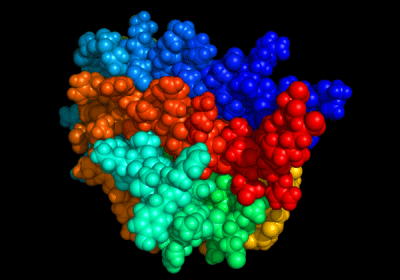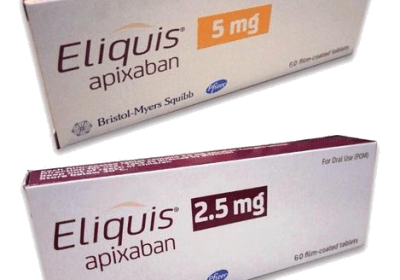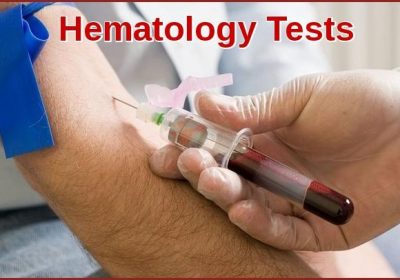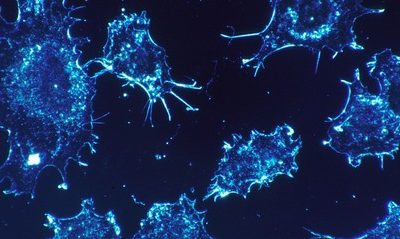Erythropoiesis Stimulating Medicines

Erythropoiesis stimulating agents (ESAs) are man-made versions of Erythropoietin (EPO), which is a hormone (chemical messenger) produced naturally by the kidneys. Erythropoietin is produced to a lesser extent by the liver. Only about 10% of erythropoietin is produced in the liver. The erythropoietin gene has been found on human chromosome 7 (band 7q21). The role of erythropoietin is to stimulate the bone […]
Read more








